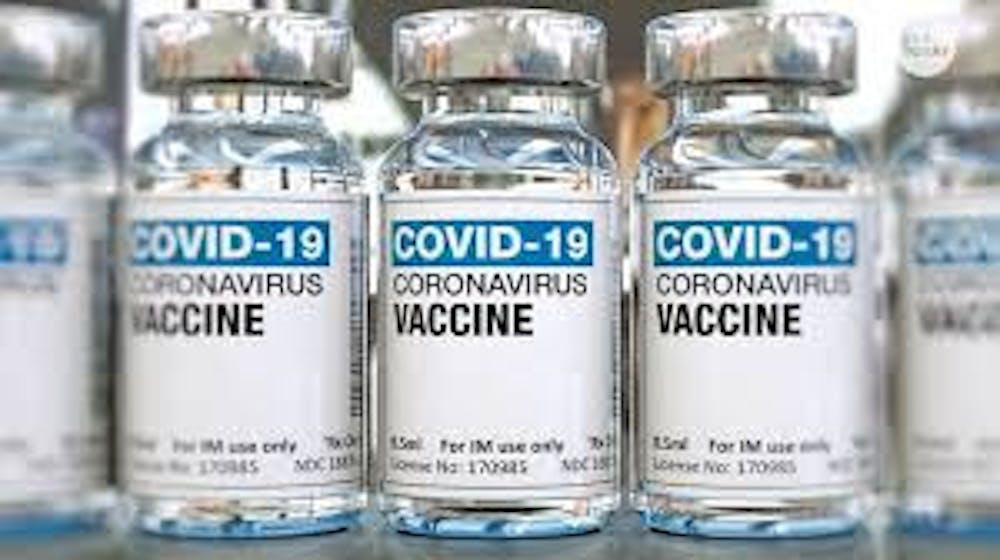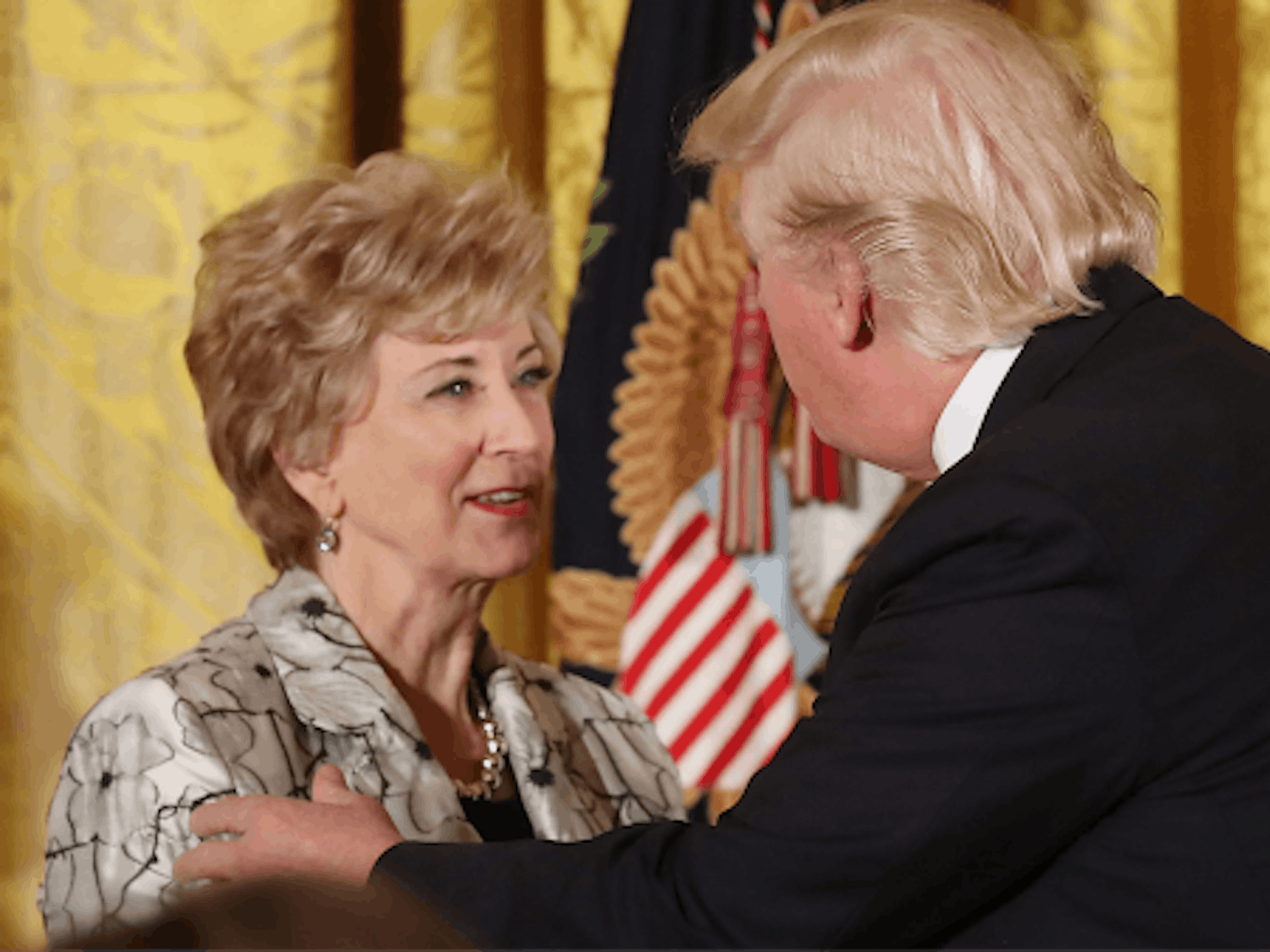Uncertainty remains across the nation as Covid-19 continues to surge across the United States, but efforts by Indiana University to mitigate further spread could provide clarity regarding the future of college campuses.
Back in May, when Indiana’s peak amount of daily coronavirus cases was still in triple digits, IU President Michael A. McRobbie penned a letter to students, staff and faculty in which he stated, “The safety and well-being of all IU students, faculty and staff is our highest priority.” He added that Indiana University and its affiliated campuses would, “Continue to adapt to new developments as they happen, just as Indiana University has done [in previous instances].”
For now, IUPUI will continue on schedule despite new developments. One being the burgeoning amount of Covid-19 cases currently crippling Indiana hospitals, and the other being the prospect of a widely available Covid-19 immunization and its subsequent distribution.
When exactly campus could return to it’s pre-Covid social environment hinges on coordination between the Federal government, State government and Indiana University as to how to safely, “Get back to normal.”
8,527 cases of Covid-19 were reported by the state of Indiana on Dec. 3, setting a new peak in daily cases reported. For the Hoosier state, the bleak situation seems far from over. Currently, Indiana (approximately 50 cases) trails North Dakota (approximately 61 cases) in reported Covid-19 hospitalizations per 100,000 residents, according to IndyStar’s analysis of available data.
IUPUI’s spring semester is set to begin on Tuesday, January 19 in an online-only fashion, with hybrid in-person classes starting on February 8, leaving just 10 weeks between the current peak in Covid cases and students returning to a socially distanced campus.
According to Indiana’s Covid-19 dashboard, the 7-day-positivity rate for Marion County was 13.4% as of December 5, an alarming 8.4% more than the World Health Organization recommended as safe in May.
Contrarily, Chuck Carney, Indiana University’s Director of Media Relations, is proud of Indiana University Bloomington as well as other campuses, including IUPUI, that have maintained a moderately low rate of positivity.
“I think we ended the semester of on-campus instruction with a prevalence rate of somewhere around 1.1 to 1.5%,” Carney said via phone interview, “Which compared to the statewide rate is really low.”
Carney credits students, faculty and staff who, “Generally did the right thing,” adding that, “It was not easy, but we asked everyone to wear a mask indoors and stay six feet apart.” On top of general social distancing protocols, the Indiana University community stayed committed to wiping off commonly used surfaces and “doing the things that were asked of them,” which Carney believes, “Absolutely had to have made the difference in what's happening on our campuses as opposed to everywhere else.”
Simply mitigating the spread of Covid-19 is far from ideal for the future of IUPUI’s campus, to truly return to normal, immunizations must come into play.
Although promising developments have emerged in clinical trials, the manufacturing and widespread distribution of over 300 million Covid-19 vaccinations proves an immense challenge. One that the Biden administration has made a priority to meet head on come Jan. 21st.
Without a willingness by the general public to get vaccinated, though, a well-executed distribution strategy might be rendered ineffectual.
However, if an “overwhelming majority” of Americans receive immunizations, Dr. Anthony Fauci, Director of the National Institute of Allergies and Infectious Diseases, believes that herd immunity could be reached by the end of next July.
Fauci admitted to Colorado Gov. Jared Polis (D) during a Dec. 1, 2020 video conference that he expects FDA approved vaccinations to be made available to the general public by April 2021.
Claire Kelley, a post-baccalaureate student who began classes at IUPUI in January 2020, understands the effectiveness of vaccinations.
“I got the flu vaccine last year for the first time in a couple of years,” Kelley informed me, “First time I haven’t been sick.”
Kelley, who suffers from Celiac Disease, an autoimmune disease, is at greater risk of contracting and experiencing severe symptoms from Covid-19. Yet, she looks forward to returning to campus so long as people continue to adopt the hygienic trends that have helped slow the spread of the leading cause of death in the United States.
Just as IU campuses have provided influenza vaccinations and coronavirus mitigation testing, they “Absolutely will be,” involved with distribution of covid-19 vaccinations when they become available, according to Chuck Carney.
When it comes to the challenge of making sure students are vaccinated and classes can safely resume, Carney does not possess a crystal ball, however he does possess confidence.
“We have the infrastructure in place, we've got the know-how and it certainly won't be a problem for us to do it,” says Carney, battle tested and ready for the next step.
So, as one of the most tumultuous years in American history winds down with seemingly more unknowns then when it started, one thing is for certain, there is a light at the end of the tunnel.
Efforts like those made by Indiana University will only help us gravitate towards it.
The Future for IUPUI Post-Pandemic

Heads up! This article was imported from a previous version of The Campus Citizen. If you notice any issues, please let us know.




